President Donald Trump’s second term has been peppered with more Christian rhetoric and policies — a strategy he’s seemingly taken to strengthen and expand his loyal base of evangelicals.
That appears to be working, with up to one-third of Americans believing his election was ordained by God, two polls suggest.
A recent poll by the Public Religion Research Institute, of 5,772 adults in all 50 states, found that a quarter believed that God ordained Trump to be the winner of the 2024 election, with 60 percent of white evangelical Protestants holding that view, and 45 percent of Hispanic Protestants.
Those identified as Christian nationalism adherents or sympathizers on PRRI’s own scale – based on participants’ responses to questions linking Christianity with what it means to be American – backed Trump by a large majority, 80 percent. Nearly the same percentage of people who said they believed in the QAnon conspiracy, 81 percent, said they voted for Trump.
Conversely, a majority of Black Protestant voters (83 percent), 72 percent of unaffiliated voters, 67 percent from non-Christian religions, and 62 percent of Jews all backed Kamala Harris.
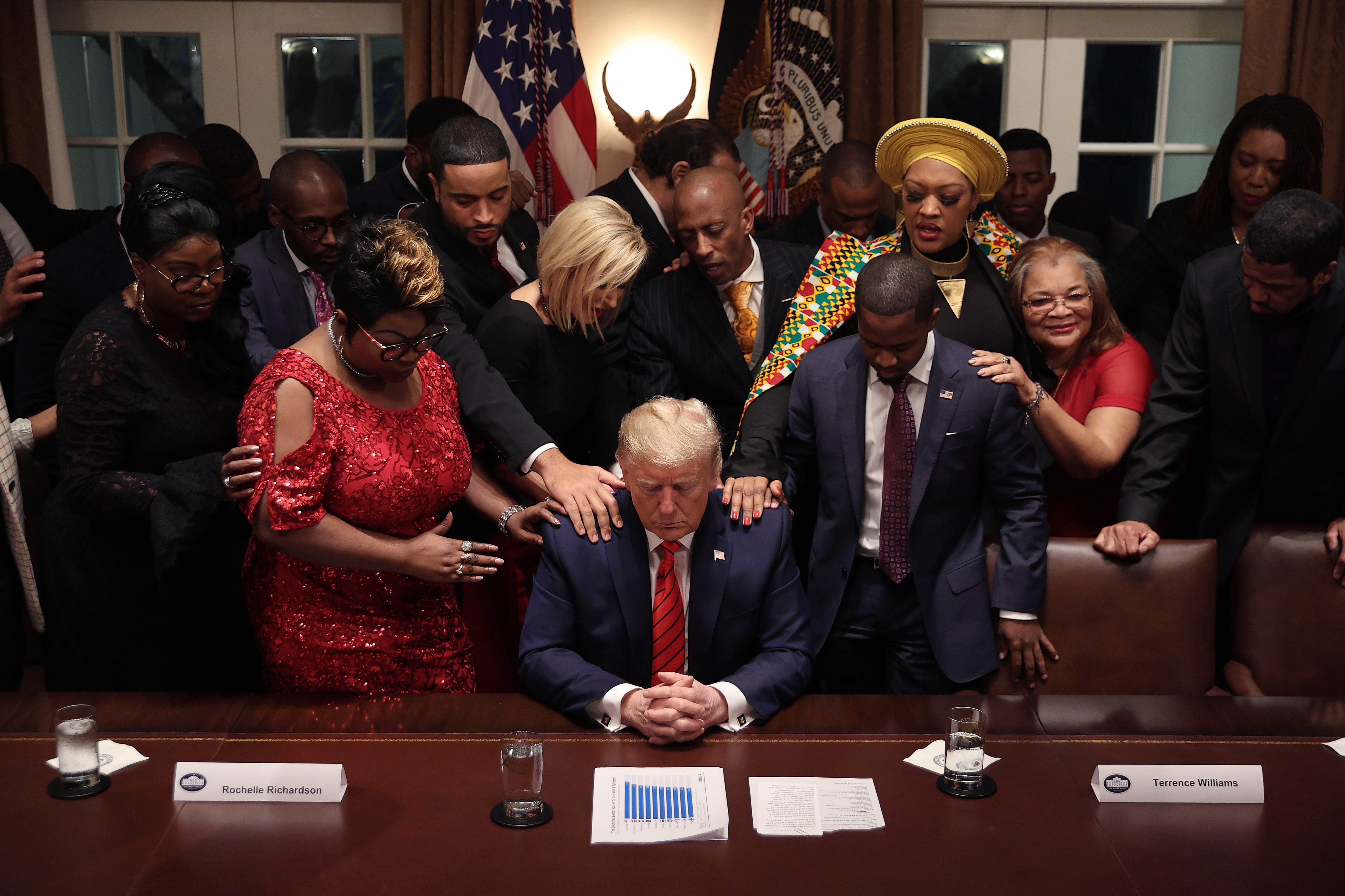
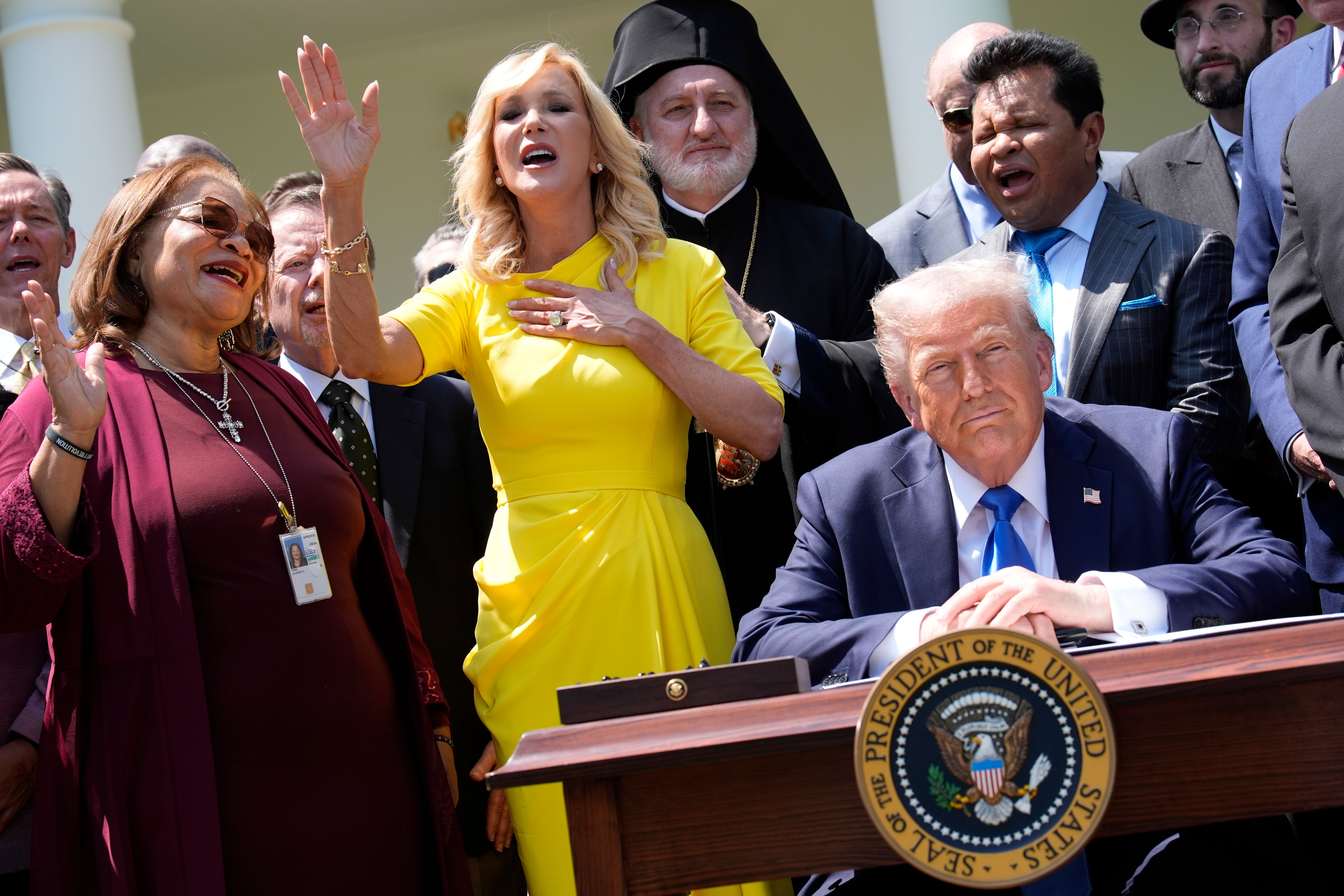
There was a split among Roman Catholic voters: 59 percent of white Catholics backed Trump, while 55 percent of Hispanic Catholics went for Harris.
A poll by Pew Research Center came up with similar results.
That survey, of a nationally representative sample of 8,937 Americans from across the U.S., found that overall, 4 percent believed God chose Trump because He believes in his policies, while another 32 percent think Trump’s election is part of God’s plan, although God may not necessarily agree with his program. Nearly half, 49 percent, said God doesn’t get involved in elections, while 14 percent said they don’t believe in God.
When it comes to white evangelicals, those numbers are much higher, with 8 percent believing God ordained Trump because He agrees with his policies, and 63 percent thinking his election is part of God’s plan, whether the deity agrees with his policies or not. Their beliefs held firm with regards to Joe Biden’s election in 2020 with 67 percent of white evangelicals believing his victory was part of God’s plan – but with the stark difference that a negligible percentage believed that God agreed with his policies.
In Pew’s survey, 51 percent of respondents who identify as white and evangelical said religion plays a big role in shaping their vote. That is larger than any other religious group by at least 14 percentage points.

White evangelicals are also more likely to believe God chose Trump as a candidate because He approves of Trump’s policies and that supporting Trump is directly correlated to being a “good Christian,” Pew found. However, overall that proportion is very small: 5 percent believe God chose Trump and agrees with his policies; compared to 3 percent who believe the same about his predecessor, Barack Obama.
The survey found that 80 percent of Christians think that “good Christians” can disagree about Donald Trump. Eleven percent said “good Christians” should support him, while seven percent said they should oppose him.
The Public Religion Research Institute’s survey found a correlation between church attendance and support for Trump.
In general, white Christian voters who said they attend church weekly were more likely to vote for Trump than former Vice President Kamala Harris. But even among white evangelicals who said they rarely attend church, 77 percent said they voted for Trump – also higher than any other group.
Trump has built a strong base, including a large number of those who identify as white and evangelical, in part by appealing to the desire to integrate religious beliefs in every facet of life through religious freedom, as well as tackling progressive culture-war policies.
That group of voters has remained by Trump’s side through the years, despite alleged infidelity scandals, accusations of wrongdoing, impeachments, criminal indictments, felony charges and other misconduct allegations that some have considered sinful.

In part, it’s because many say their faith in a higher power is directly correlated to their political leanings.
Trump’s ties to religious conservatives appear to be stronger than ever before, with the president occasionally comparing himself to Jesus Christ and using rhetoric that creates an us-versus-them mentality.
“Remember, every communist regime throughout history has tried to stamp out the churches, just like every fascist regime has tried to co-opt them and control them and, in America, the radical left is trying to do both,” Trump told a room filled with members of Christian media in February 2024.
“They want to tear down crosses where they can, and cover them up with social justice flags. But no one will be touching the cross of Christ under the Trump administration, I swear to you,” the president added.
Trump’s perceived godliness has only been deepened for some by his surviving two assassination attempts.
At Trump’s Madison Square Garden rally in October 2024, his friend, David Rem, painted Trump as a savior while comparing Trump’s opponent, Harris, to “the devil” and “antichrist.”
In June, televangelist Paula White claimed Trump surviving an assassination attempt in July 2024 “wasn’t a coincidence” but “God’s sovereign divine miracle.”
In the past nine months, Trump has signed an executive order establishing an anti-Christian bias task force in the Department of Justice, stated that they will allow churches and houses of worship to endorse political candidates without losing their IRS tax exempt status, and appointed White to lead the White House Faith Office.
He’s also taken steps to quash progressive policies that religious conservatives have often opposed, such as blocking Medicaid funding from Planned Parenthood, an organization vilified for providing abortions, and rolling back transgender rights, especially for minors.
Trump portrayed the late conservative Christian influencer Charlie Kirk as a martyr and blended politics and religion to insinuate the “radical left” was trying to take down Kirk’s values.
As a result, white evangelicals have a resounding approval rating of Trump, with 72 percent approving of his current job handling, 69 believing the administration’s ethics are excellent or good, and 57 percent trusting Trump more than previous presidents.
That is far greater than the general public’s 40 percent approval rating.

.jpeg)








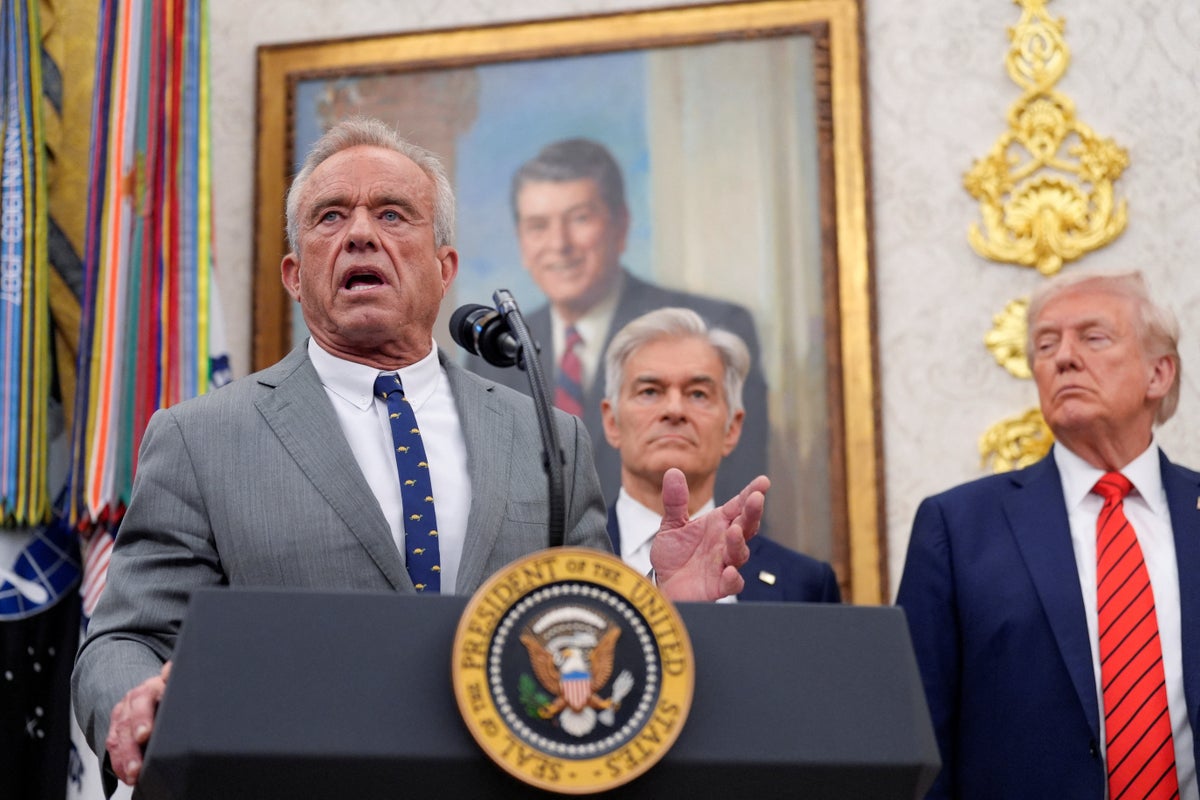


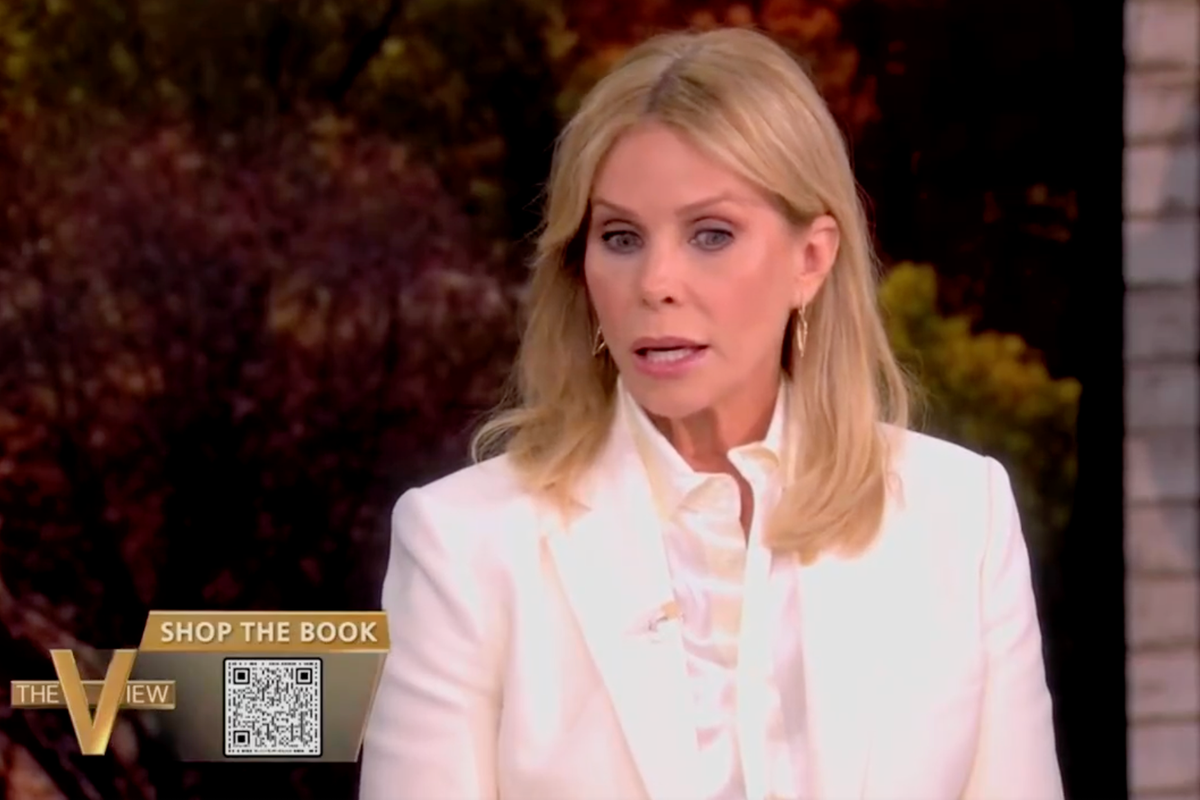
.jpg?trim=0,0,0,0&width=1200&height=800&crop=1200:800)

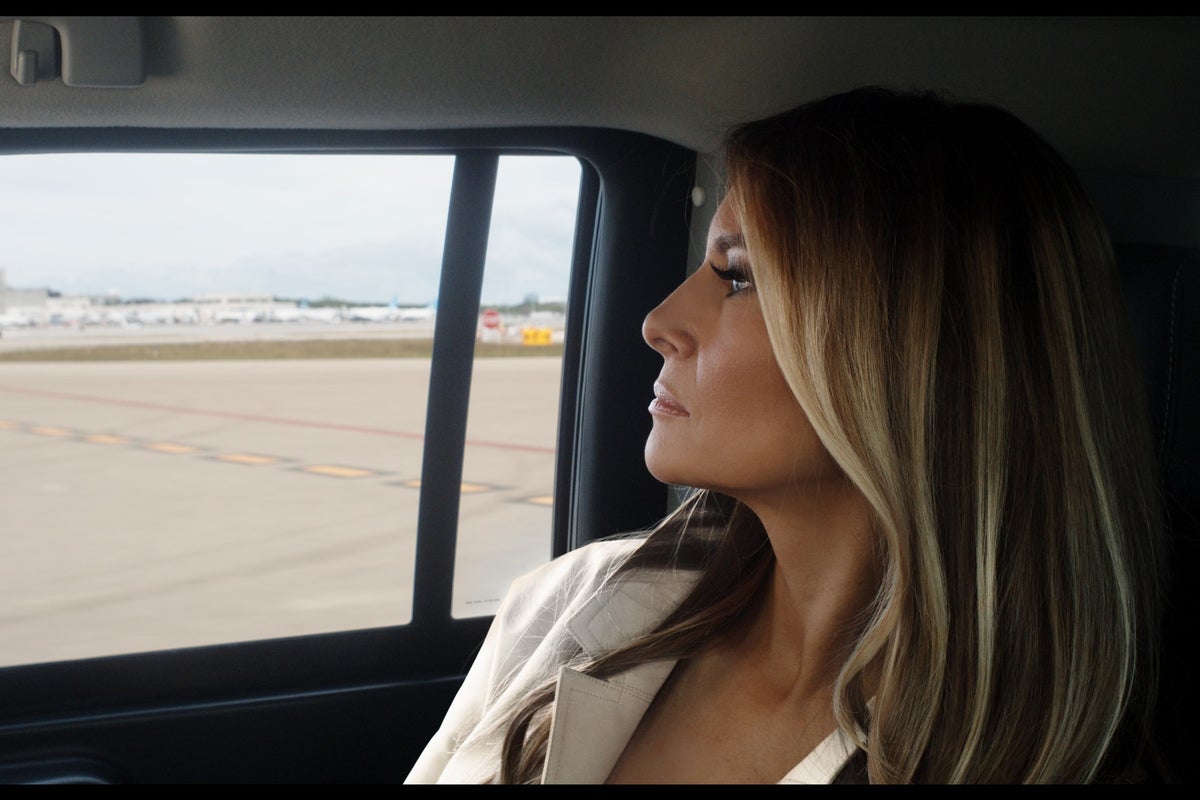







.jpeg)













 English (US) ·
English (US) ·